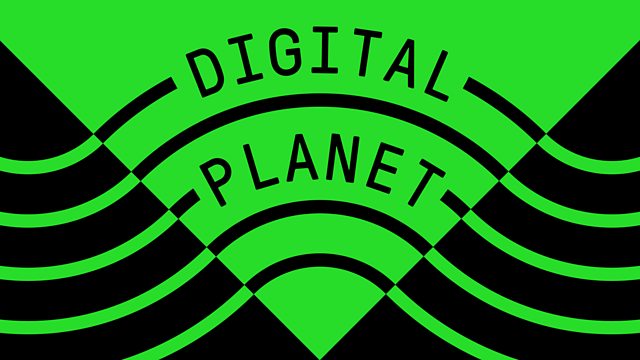
30/09/2008 - Brazil Part 1
This week Gareth Mitchell visits Sao Paulo to see what digital life is like in Brazil.
DIGITAL PLANET VISITS SAO PAULO
Gareth gets a taste of digital life in Brazil, from LAN houses (or internet cafes) to Google's Orkut social network.
LAN HOUSES
Gareth is shown around town by listener Gus Neto. They visit a LAN house in the Japanese quarter, where people gather to surf from midnight till morning. He talks to users who are accessing online portals, using social networking sites and playing games.
GOOGLE ORKUT
Google says their social networking site Orkut has 30 million members. Gareth visits Google's Brazil headquarters in Belo Horizonte to talk about why Orkut has taken off in Brazil more than in other countries. Plus how they've tackled controversial content and illegal activities on the site.
DIGITAL VOTING
大象传媒 Digital Planet's Michelle Martin checks out Brazil's e-voting system ahead of the forthcoming local elections. Voting is compulsory in Brazil and electronic ballots began to be introduced in 1996.
Antonio Esio works at the county hall in Sao Paulo where the state's 28 million digital votes will be counted. He explains how the system has improved access for illiterate voters.
Carlos Rocha created the first digital ballot boxes and describes how votes are recorded and distributed.
BRAZIL'S DIGITAL DIVIDE
There are 45 million PCs in Brazil but 59% of people have never accessed the internet.
Gareth talks to Rodrigo Assumpcao who heads the technical committee that advises the Brazilian government on 'Digital Inclusion'.
"What happens to a middle class child in Brazil? When he is three years old he sits in his father's lap and plays with a computer. By the time he is eight he assumes control of the computer and learns it's like a Swiss army knife a tool with multiple uses.
"But what about a poorer child? Only by the time he's 12 or 14, if he's lucky to live near beside a neighbourhood association that has a computer, he'll be taught web processing and browsing. This is so he can have some rights within the job market. He's taught that he has to comply to technology.
"This difference between who commands technology and who is commanded by technology determines who rules and who is ruled, who has access to rights and who hasn't."
Last on
More episodes
Previous
Broadcasts
- Tue 30 Sep 2008 09:32GMT大象传媒 World Service Online
- Tue 30 Sep 2008 15:32GMT大象传媒 World Service Online
- Tue 30 Sep 2008 19:32GMT大象传媒 World Service Online
- Wed 1 Oct 2008 00:32GMT大象传媒 World Service Online
Podcast
-
![]()
Digital Planet
Technological and digital news from around the world.

